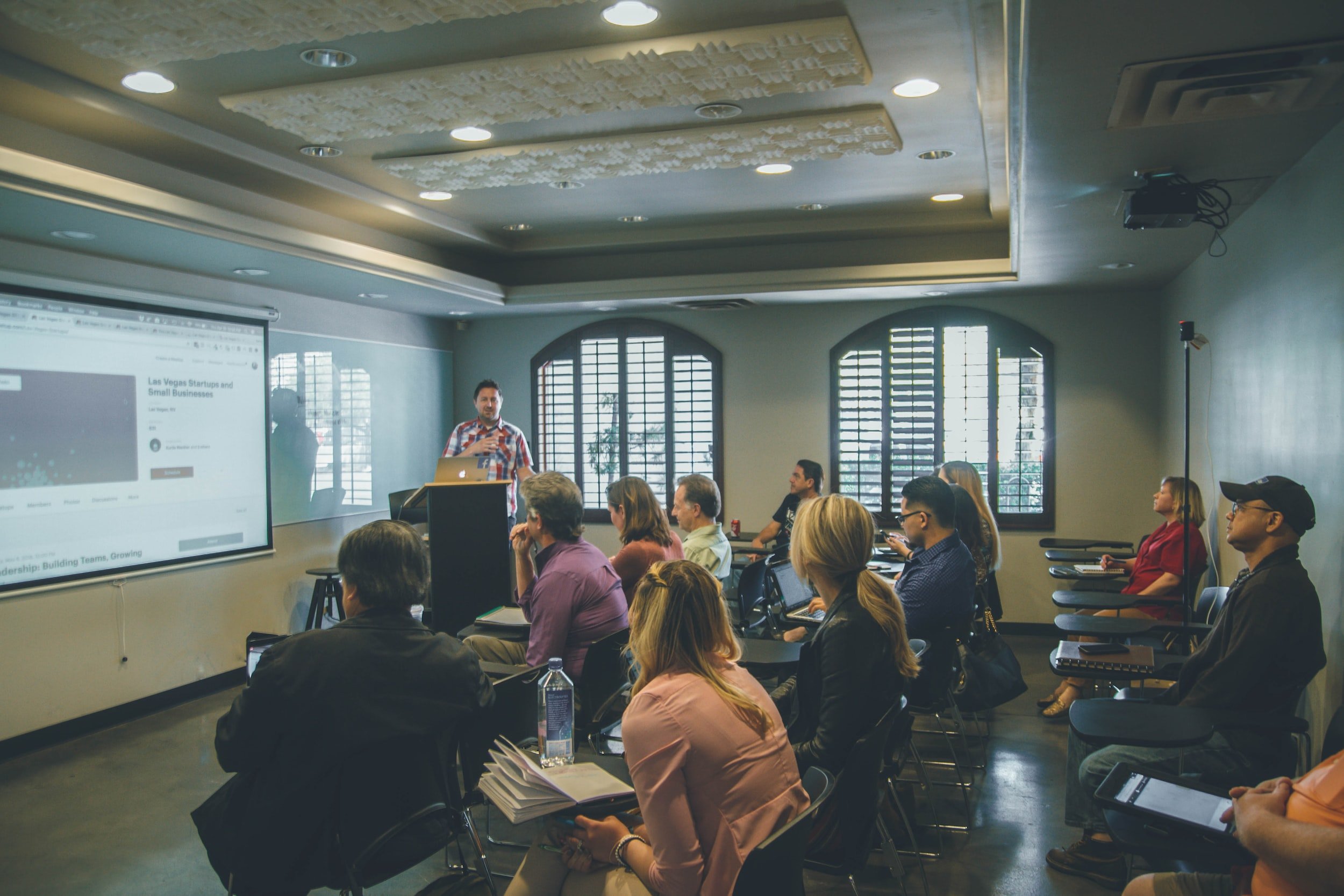How Can Fashion Education Equip Students For A New Reality?
By PAGE Editor
Fashion education has long focused on equipping students with knowledge and skills. It aims to keep up with the ever-changing fashion industry. But, the current global situation has led to unprecedented changes. These changes require students to get new abilities and adapt to new norms. The COVID-19 pandemic has accelerated the digital transformation of the fashion industry. Further emphasizing the importance of sustainable and ethical practices. So, it is important for fashion education to be aware of these events. To provide students with the necessary tools and knowledge to succeed in this field.
How Education Can Help Students Adapt
The fashion industry is changing. New fashion trends, technologies, and customer preferences emerge regularly. Over the past few years, this sector has undergone significant transformations. It is crucial for fashion students to be flexible and open to trying new things in this fast-paced field. In preparing students for changes in the sector, it is essential. This happens through imparting the necessary skills and knowledge needed to succeed. It is important to follow new trends. Being knowledgeable in culture, ecology, and fashion is a new way to stay competitive. Additionally, education can teach the importance of sustainable and ethical practices. This makes it possible to create projects that meet the growing demand for friendly products.
But learning can not only help students but also challenge them. Adaptation to new realities takes a long time and causes stress in young people who want to be trend designers. They often lose their grades and see no point in further education. In such cases, they need professional essay help to improve their mood and raise their GPA. During their studies, students are apprehensive and should receive all the help and support they need.
Sustainability in Fashion Education
It has become a popular trend in fashion to fight the impact of fast fashion on the environment. Fashion education should take a leading role in promoting ecological practices. It is concerning how much the fashion business contributes to waste, pollution, and the loss of natural resources. It is imperative that students understand the importance of environmentally friendly practices. Learn the skills needed to incorporate them into your projects.
Education can serve as a catalyst for transforming the attitudes and practices of the next generation. Incorporating sustainable design practices into the curriculum can be a first step. Teachers can teach how to create stylish and conscious products. This may involve using recycled or organic materials. Also promoting circular design principles that rank the use of renewable resources and cut waste.
Preparing for the Business Side of the Industry
Fashion education goes beyond improving creative design skills. it extends to understanding the business side of the industry. Success depends on various conditions. Understanding the market, consumer behavior, and marketing strategies - are important. Thus, fashion education should equip students with basic business skills.
Entrepreneurial education in fashion provides valuable insight into the industry's key challenges. It helps them develop strategic thinking. Courses and workshops can provide more skills. For example, creating a business plan, securing financing and managing finances. Besides, entrepreneurship education allows students to develop critical thinking and problem-solving skills. They are vital in the fast-paced and ever-evolving fashion industry.
Mentoring programs and business incubators also offer invaluable opportunities for students. Schools with entrepreneurship and innovation centers are popular. They give their students more tools and help bring their business ideas to life.
Collaborations and Networking
A fashion education goes beyond learning design and business management skills. It also offers students the opportunity to make connections and network in the industry. Networking and collaboration are critical in the industry. Fashion education can play a key role in fostering students' abilities to make these connections.
One way to learn fashion is to network through industry collaborations and partnerships. Many fashion schools cooperate with fashion houses. Thanks to your cooperation, you can get practical experience and opportunities in the industry. These collaborations range from seminars and guest lectures to internships and employment.
Besides, style schools often organize industry events and competitions. They create the possibility of establishing inter-branch connections. These activities help graduates build confidence and develop effective communication skills.
Fashion schools also create alumni networks where young people can connect with alumni. It helps to learn more about the future possibilities of the profession. Alumni networks offer a supportive community of professionals. They can offer guidance, mentoring, and employment opportunities.
Conclusion
Fashionable education is a key part of preparing students for the new world of the 21st century. Using the latest environmental trends helps fashionable schools support sustainable development. Many of the problems students face have been solved by the latest technologies. Interdisciplinary connections are becoming more and more popular. And the knowledge that fashion students learn helps them keep in touch with people. Entrepreneurship education teaches students how to run a business. They can turn their creative ideas into profitable businesses.
Helen Birk is an expert in fashion education. She has years of experience in teaching and curriculum development. She is passionate about empowering the next generation of fashion professionals.
HOW DO YOU FEEL ABOUT FASHION?
COMMENT OR TAKE OUR PAGE READER SURVEY
Featured











The moment you notice your first missing shingle or spot that telltale water stain on your ceiling, you know it's time to face the music.